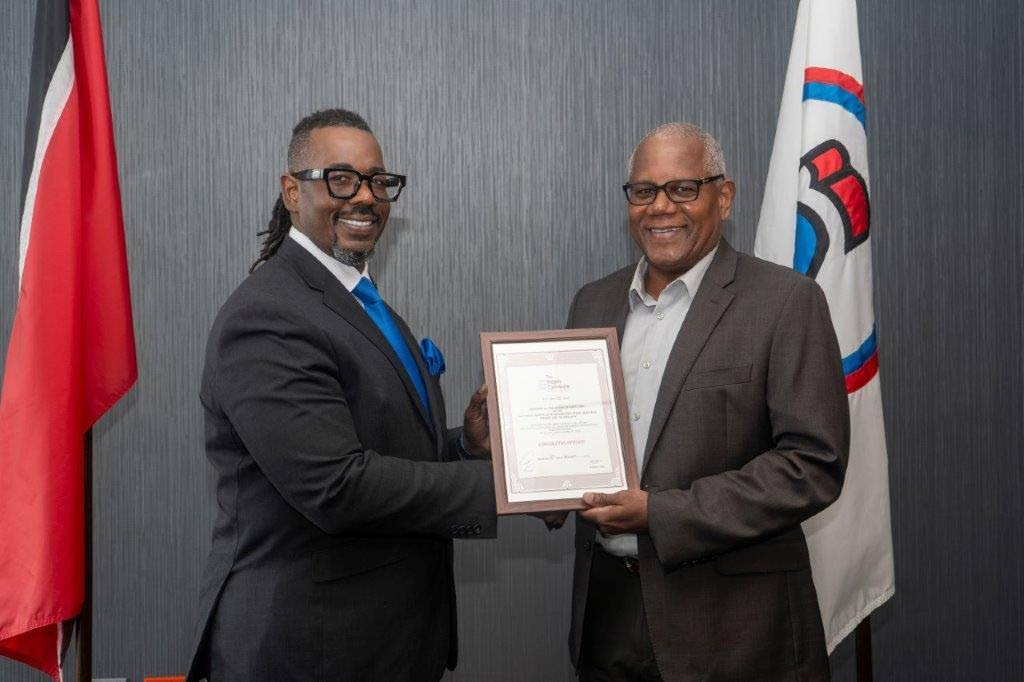Integrity award nothing to crow about

The Integrity Commission presented an award to the board of governors of the National Institute of Higher Education, Research, Science, and Technology (Niherst) for complying with required declarations of income and liabilities, but it isn't the prize it appears to be.
Yes, the Niherst board has done well in achieving 100 per cent compliance with the commission's declaration requirement. Still, the light that achievement brings hardly pierces the gloom of non-compliance that prevails widely on boards appointed to state agencies.
The National Gas Company (NGC) got the award in mid-December.
What sets these agencies of the state apart from their non-compliant peers?
On receiving the NGC board's certificate of compliance with the requirements of the Integrity in Public Life Act, chairman Joseph Ishmael Khan described the drive to full compliance as reflective of good governance in the organisation's culture.
Haydn Gittens, the Integrity Commission chairman, clearly sets his compass in a new direction from former chairman Prof Rajendra Ramlogan, hoping that adding honey to the commission's approach would inspire more compliance.
So far, that's led to two high-profile photo opportunities, but there has been no statement regarding the previous compliance of either Niherst or NGC.
Were these agencies normally fully compliant? Have they taken a refreshed approach to their legal requirements as persons in public office?
It's also unclear whether non-compliant board members will feel shamed by these positive stories and be moved to comply.
According to Ramlogan, it was not unknown for commission staff who encouraged public officials to meet the requirements they swore to uphold by accepting their letters of appointment to be verbally abused.
In his final year in office, he told Newsday, "The 17th commission was not prepared to go through the motion of work with little regard for the adverse impact on our present and future."
Previous integrity commissions most likely did their best within the scope of their role and authority to urge compliance with this aspect of public service.
Yet, between 2014 and 2019, close to 3,000 declarations were outstanding.
In his final report, Ramlogan noted that there was also a lack of enthusiasm to enforce court orders against non-compliant public officers.
Between 2021 and 2023, 3,312 orders were sought, resulting in a jump in filings from 45 to 70 per cent.
Efforts to move these requests from court orders to prosecutable cases stalled at the office of the DPP.
A successful strategy to drive compliance with the act is still to be found, but patting public officers on the back for doing what's expected is an eminently short-term solution.

Comments
"Integrity award nothing to crow about"